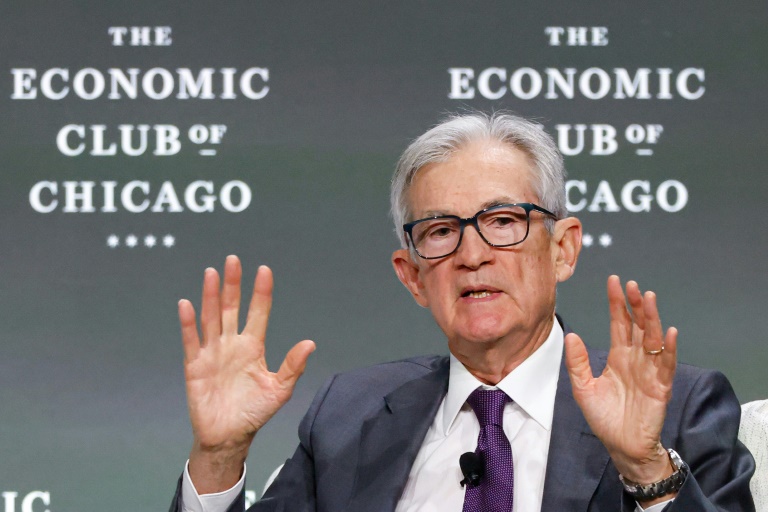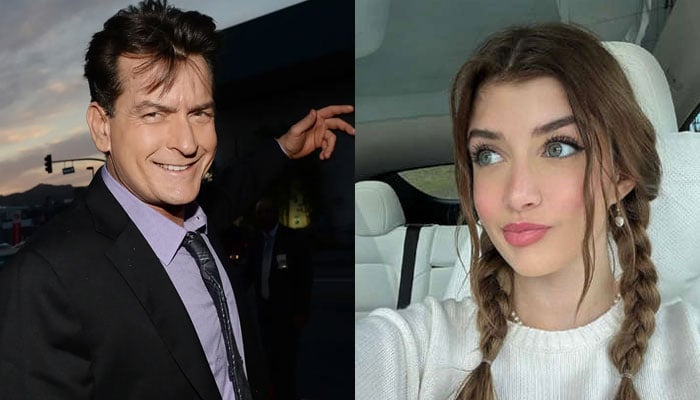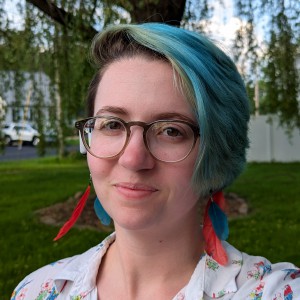The Beatles' 'Get Back' sessions were fraught with tension, which led to their final studio album, Let It Be. The recording of the 1968's experimental The White Album was marred by disagreements, causing Ringo Starr to exit the band temporarily. The project aimed to bring the band back to its roots and reintroduce live performances , which it had not done since retiring from touring in 1966.
However, the sour atmosphere persisted. George Harrison also took a break during the sessions , which were captured for the documentary Let It Be. After wrapping up The White Album in October 1968, The Beatles regrouped at Twickenham Studios in January 1969, eager to record a new album and gear up for a comeback concert.

Nevertheless, George walked out on January 10, reportedly dissatisfied with his treatment. George rejoined the band on January 15, under the stipulation that they would move back to their own Apple Studios on Saville Row and scrap the concert idea. Recording for the album resumed on January 21.
Earlier in the month, Paul McCartney had started crafting the song Get Back, the tune of which originated from the band's jamming sessions at Twickenham. McCartney intended the song as a satire of anti-immigration sentiments, targeting the 1968 'Rivers of Blood' speech by far-right politician Enoch Powell - but John Lennon worried it was a jab at him. In a 1986 interview with Rolling Stone magazine, McCartney delved into the backstory of the Beatles' hit, clarifying its misunderstood lyrics: "When we were doing Let It Be, there were a couple of verses to Get Back which were actually not racist at all – they were anti-racist.
There were a lot of stories in the newspapers then about Pakistanis crowding out flats – you know, living 16 to a room or whatever." He continued, revealing an often-overlooked aspect of the song's creation, "So in one of the verses of Get Back, which we were making up on the set of Let It Be, one of the outtakes has something about 'too many Pakistanis living in a council flat' – that's the line. Which to me was actually talking out against overcrowding for Pakistanis.
.. If there was any group that was not racist, it was The Beatles.
" The entire process of crafting Get Back was documented on film during the making of the documentary, showcasing the song's evolution from a spontaneous jam session to a polished track. McCartney shared insights into the songwriting process in notes for the single's release: "We were sitting in the studio, and we made it up out of thin air ..
. we started to write words there and then ..
. when we finished it, we recorded it at Apple Studios and made it into a song to roller-coast by." Despite the satirical intent behind Get Back, Lennon harbored concerns that the song had a personal angle aimed at him and Yoko Ono.
In a candid conversation with Playboy in 1980, Lennon expressed his thoughts: "I think there's some underlying thing about Yoko in there." He added, reflecting on the recording sessions, "You know, 'Get back to where you once belonged.' Every time he sang the line in the studio, he'd look at Yoko.
"Maybe he'll say I'm paranoid. You know, he can say, 'I'm a normal family man, those two are freaks.' That'll leave him a chance to say that one.
" In his biography co-authored with Barry Miles, Paul McCartney refuted the idea that the character Jo Jo in Get Back represented anyone specific, clarifying: "Many people have since claimed to be the Jo Jo and they're not, let me put that straight!" He further disclosed, "I had no particular person in mind, again it was a fictional character, half man, half woman, all very ambiguous. I often left things ambiguous, I like doing that in my songs." Illustrating the significance of Get Back, the song was performed at The Beatles' iconic Apple Studios rooftop concert on January 30, 1969, which went down in history as their final live show.
Succeeding its debut, Get Back soared to the top of the charts globally after its UK single release in April 1969. It later became part of 'Let it Be', the album released on May 8, 1970 - just a month following the public announcement of The Beatles' split. DAILY NEWSLETTER: Sign up here to get the latest news and updates from the Mirror US straight to your inbox with our FREE newsletter.
.
Entertainment

John Lennon feared Beatles song was about him and Yoko Ono - but Paul McCartney denied it

The Beatles were plagued by in-fighting and tension during the Get Back sessions, with John Lennon convinced that one of Paul McCartney's songs was about him and Yoko Ono















